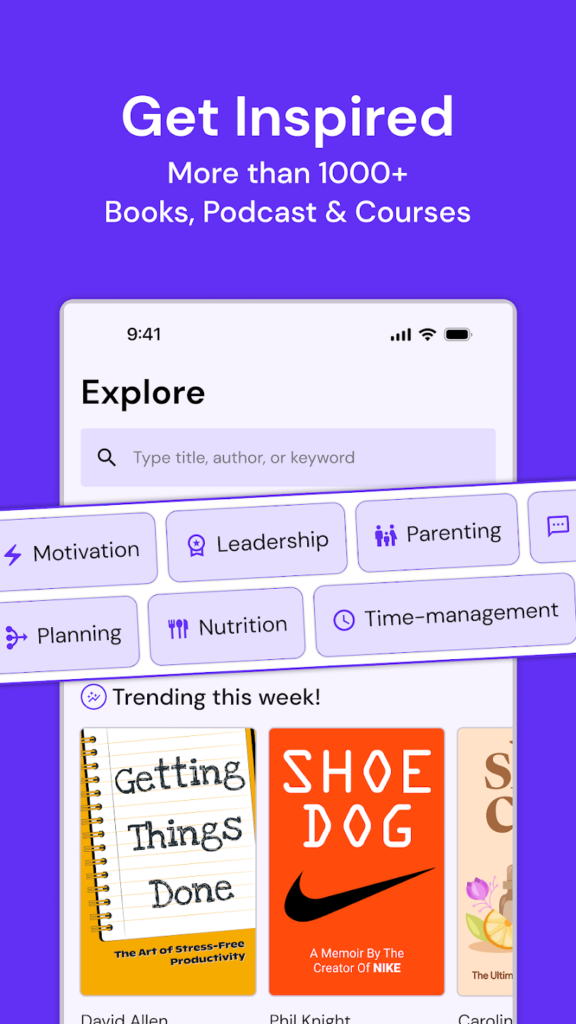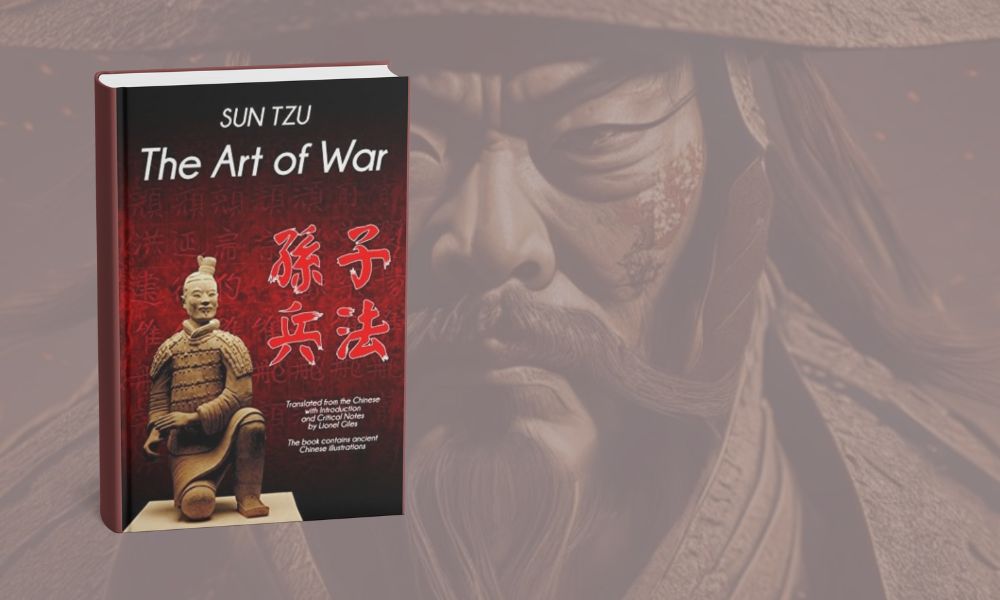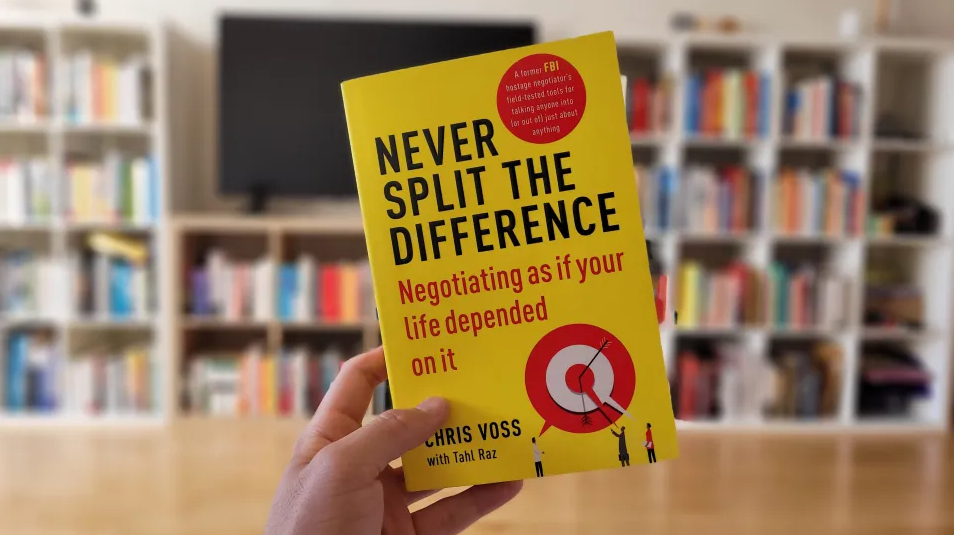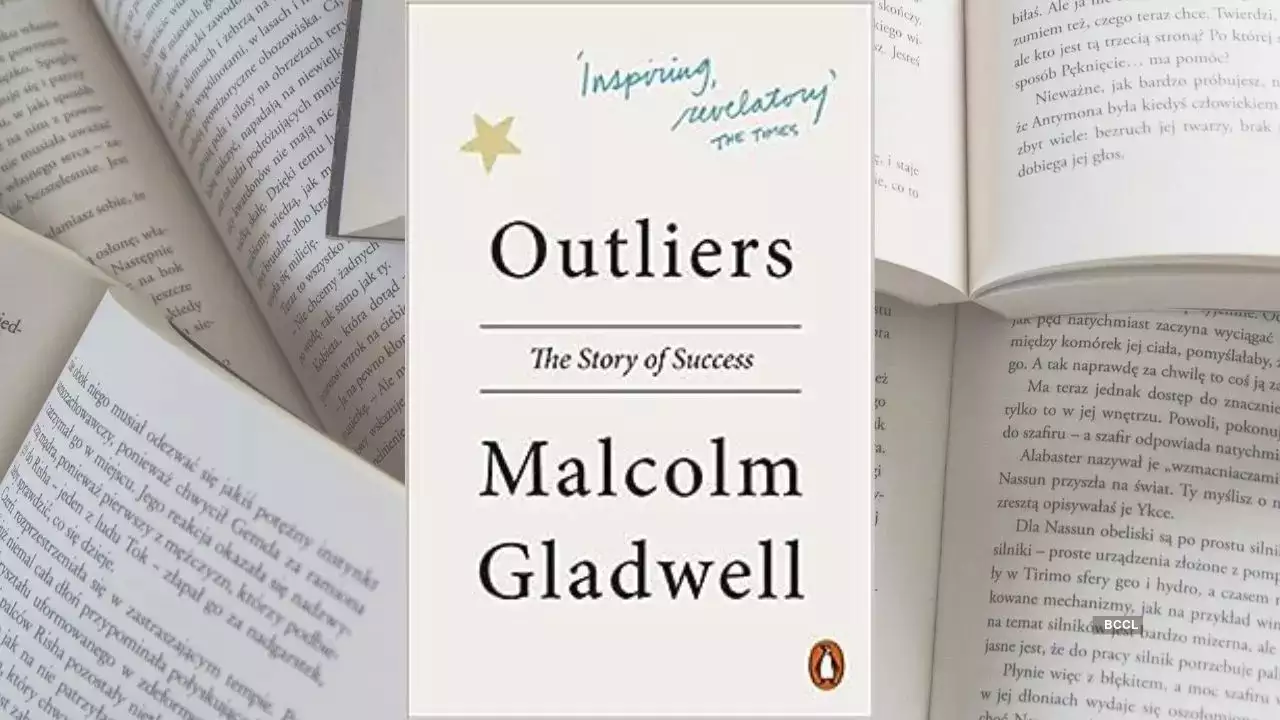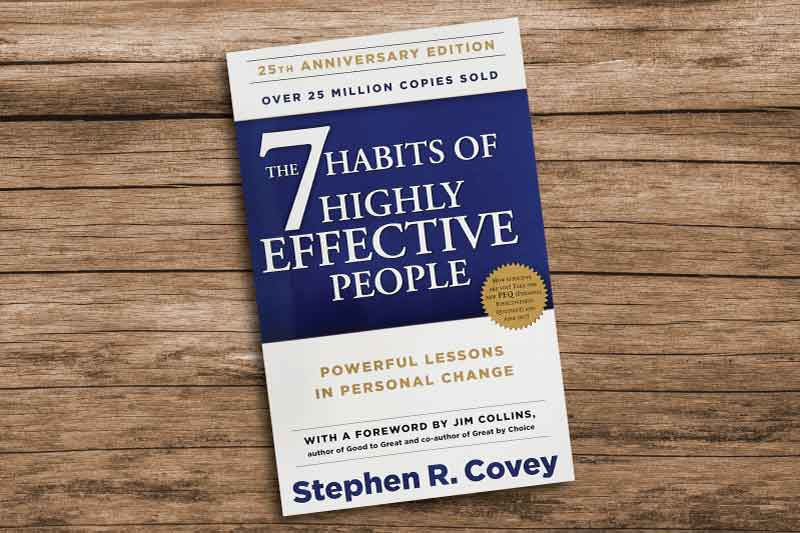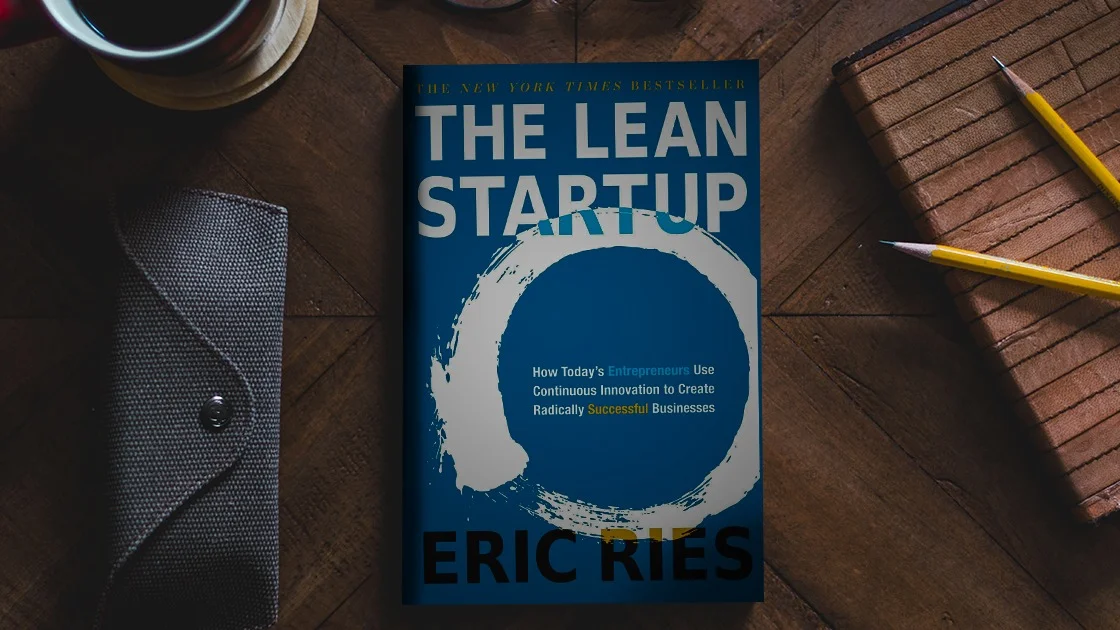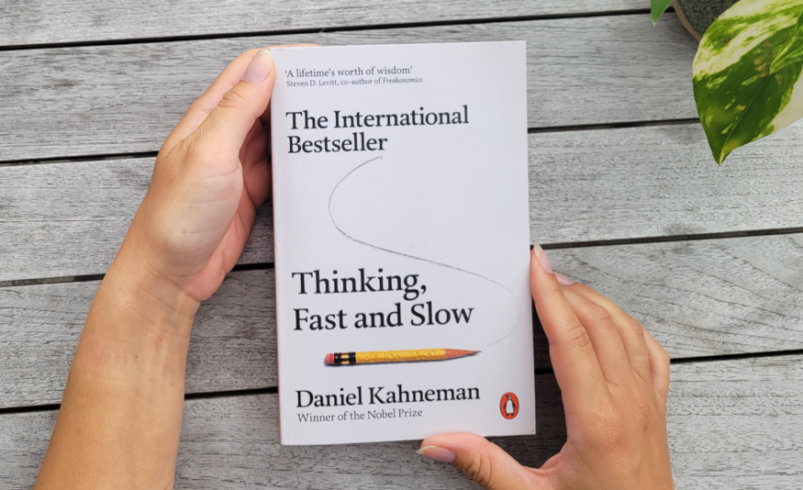
Daniel Kahneman’s ’Thinking, Fast and Slow’ takes you on a fascinating journey inside your brain – a place where two very different systems battle for control over your decisions. System 1 is the impulsive one, always jumping to conclusions (and often getting them wrong), while System 2 is the more deliberate, thoughtful one, and often exhausted by the demands we place on it. Kahneman’s genius lies in showing us how these two systems shape our lives in ways we don’t even realise, making it an essential read for anyone curious about why we do what we do – and how we could do it a little better.
This list of books will appeal to the same part of you that loves ‘Thinking, Fast and Slow’; the part that wants to understand how our minds, environments, and even fungi (especially fungi) shape us. From self-improvement to philosophy, and everything in between, these reads explore human nature, decision-making, and how we can be better – sometimes by getting out of our own way.
Contents
Siddhartha
Author: Hermann Hesse
Published: 1922
Summary: Meet Siddhartha, a man on a mission to find enlightenment. Along the way, he tries out all the life paths: extreme asceticism, indulgent materialism, and a few in between. His big takeaway? Wisdom isn’t something you can be told, it’s something you have to experience.
Themes: Spiritual growth, self-discovery, inner peace, embracing Buddha’s alter ego.
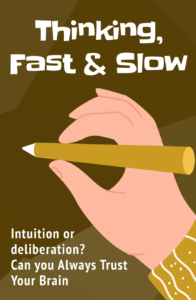
Thinking, Fast and Slow
Intuition or Deliberation? Can you Always Trust Your BrainDaniel Kahneman Psychology 2011
Available in: | |
Ultralearning
Author: Scott H. Young
Published: 2019
Summary: Ready to take your skills to the next level? ‘Ultralearning’ shows you how to learn anything – fast. Scott Young dives into intense self-directed projects, revealing strategies to pick up hard skills quickly without losing your sanity.
Themes: Skill-building, self-discipline, getting stuff done.
Stumbling on Happiness
Author: Daniel Gilbert
Published: 2006
Summary: Gilbert basically says, “We’re all terrible at predicting what will make us happy.” He then backs that up with research showing that our brains are wired to mess up our future happiness forecasts. The good news? It’s not all bad, just unexpected. It’s true what they say, to not trust anyone including yourself. I’m sure someone said that at some point.
Themes: Psychology, happiness, why your brain is trolling you.
Braiding Sweetgrass
Author: Robin Wall Kimmerer
Published: 2013
Summary: ‘Braiding Sweetgrass’ combines Indigenous wisdom with botany, reminding us that the Earth isn’t just a resource – it’s a living system we’re deeply connected to. By learning to listen to nature, we might even fix a few of the messes we’ve made.
Themes: Nature, ecology, environmental love letters.
When Genius Failed
Author: Roger Lowenstein
Published: 2000
Summary: This one’s for anyone who enjoys watching financial geniuses crash and burn (and who doesn’t?). ‘When Genius Failed’ tells the story of how Long-Term Capital Management, run by Nobel Prize winners, blew up spectacularly, nearly taking the global financial system with it.
Themes: Finance, hubris, what not to do with your money.
Influence
Author: Robert B. Cialdini

Published: 1984
Summary: Ever wonder why you end up buying that thing you didn’t even need? Cialdini breaks down the psychology of persuasion and shows how marketers, salespeople, and even your well-meaning friends get you to say “yes” – sometimes against your better judgement. Common folks call this peer pressure, neuro-divergent folk say ‘I wanted to do it anyway’ – but the end result is the same, and this book can help you fix it.
Themes: Psychology, persuasion, why you bought that third coffee maker.
Good Strategy Bad Strategy
Author: Richard P. Rumelt
Published: 2011
Summary: In this book, Rumelt explains the difference between good and bad strategies – spoiler alert, most companies are terrible at it. If you’re tired of vague corporate speak like “synergy” and want to know how to actually solve problems, this book’s for you.
Themes: Business strategy, problem-solving, no-nonsense leadership.
Entangled Life
Author: Merlin Sheldrake
Published: 2020
Summary: Who knew fungi were so fascinating? In ‘Entangled Life’, Sheldrake unravels the mysterious ways that fungi shape life on Earth, from enabling ecosystems to influencing human behaviour. It’s like ’Planet Earth’ but with more mushrooms. Seriously, this guy loves mushrooms – the book probably can hint at how the cordyceps will eventually take over human bodies, too. And his name is rather wizard-like.
Themes: Biology, interconnectedness, trippy fungi facts, if you want to go to Hogwarts find this guy.
Meditations
Author: Marcus Aurelius
Published: Around 180 AD
Summary: Written by a Roman emperor (translated by someone less known, but his name is Gregory Hays), ‘Meditations’ is basically ancient wisdom on how to chill out when things go wrong. It’s full of advice on staying calm, being rational, and not losing your cool when people act like jerks (some things never change) – and you can trust these words, because no one has more experience dealing with uptight jerks than actual emperors (sure, there are bad examples, but Aurelius is famous for a reason).
Themes: Stoicism, philosophy, keep calm and carry on.
Difficult Conversations
Authors: Douglas Stone, Bruce Patton, Sheila Heen
Published: 1999
Summary: Whether you’re dealing with a grumpy co-worker or navigating family drama, ‘Difficult Conversations’ provides a roadmap for getting through the tough talks without losing your cool. Spoiler: it’s all about empathy and understanding, not winning.
Themes: Communication, conflict resolution, how to talk without flipping tables.
And that concludes this list. From philosophical musings to practical guides on how to get better at life, this list has something for everyone. Each book gives you a fresh perspective on how to handle decisions, tough conversations, or even your own happiness. Whether you’re looking for deep wisdom or a quick fix to your procrastination habit, these authors have your back.
Feeling inspired to dive in, but you don’t have the time to do so? Don’t worry – just use Wizdom to read summaries and audio works of these books (and many more) so you can soak up all the knowledge without adding yet another stack of unread books to your shelf. The app lets you power through the essentials, helping you learn faster, think better, and maybe even win a few more of those “difficult conversations.” As a bonus, you won’t have to feel bad about killing trees for paperbacks no one will read except the dust mites, since it’s all available in the comfort of your phone.

Zia Hawwa
Currently pursuing a Degree in Criminology, Zia’s passions lie in the world of literature and the human psyche. She loves what the world has to offer, and is always on the journey of satisfying her curiosity.
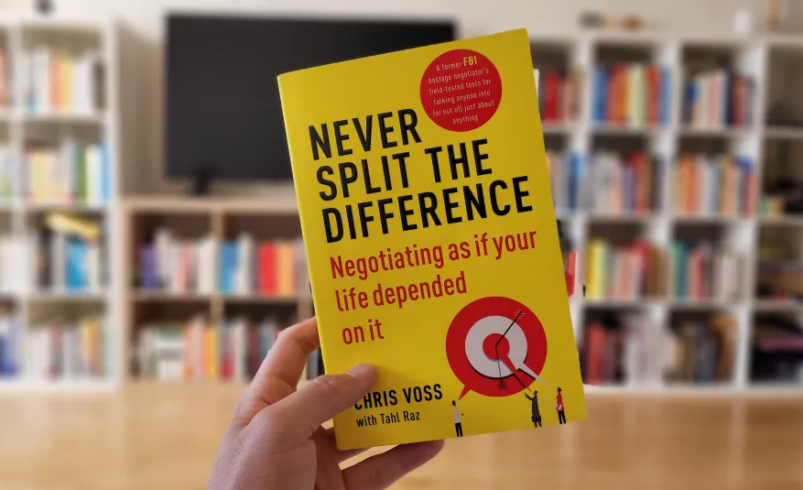
10 Books like Never Split the Difference
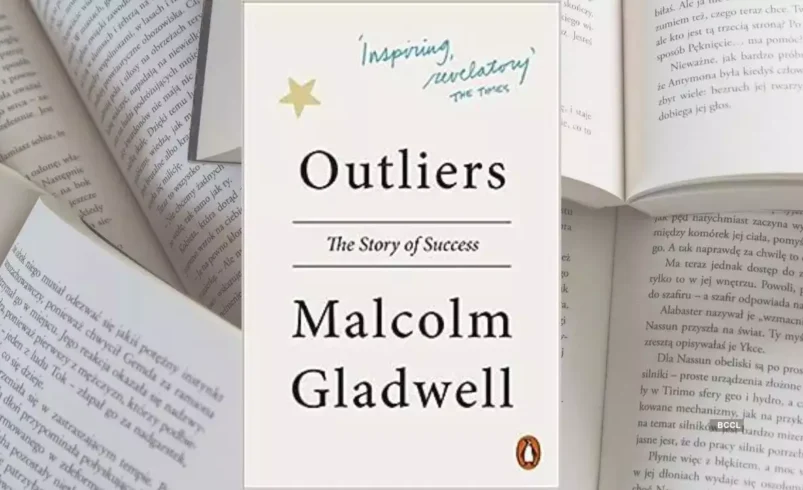
Top 10 Books like Outliers
Recent Posts
- 25 Top Quotes from The 10X Rule to Supercharge Your Ambition
- 10 Books You Must Read to Succeed in Your Career
- 30 Little Tricks for Big Success in Relationships
- 25 Life-Changing Self-Help Books to Read This December: Boost Your Mood and Your Mind
- 25 Amazing Self-Care Tips for December: Wrap Yourself in Joy, Not Stress

